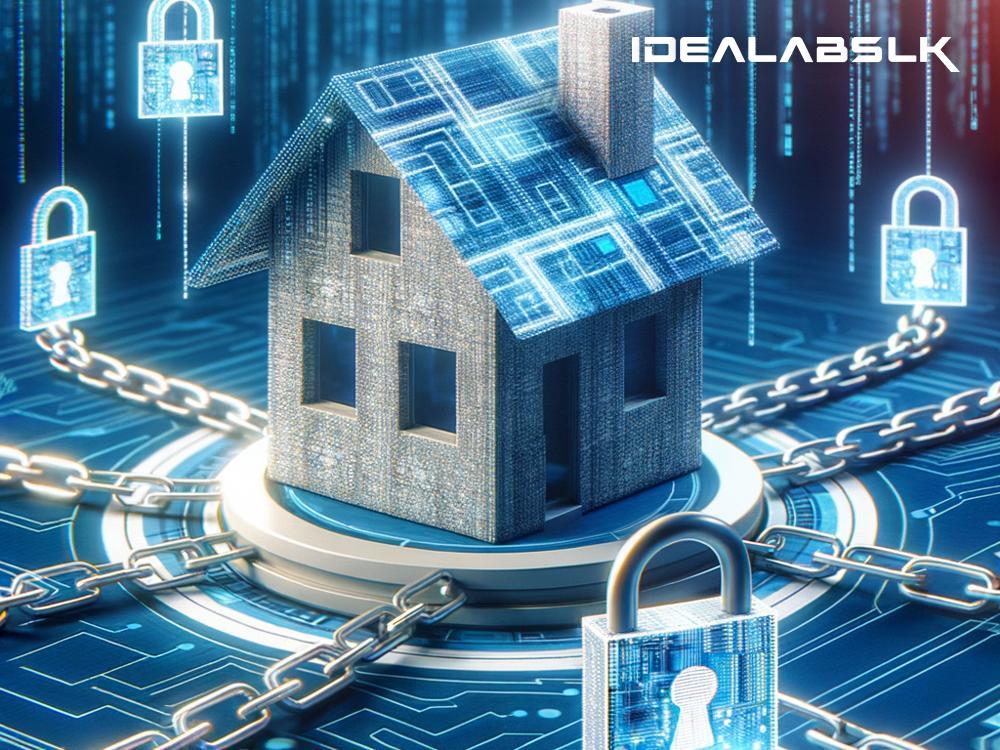Title: Blockchain in Real Estate: Making Buying Homes Easier and Safer
Introduction
Imagine a world where buying a house doesn't require you to fill out endless forms or worry about someone scamming you. This might sound like a distant dream, but thanks to blockchain technology, it's becoming a reality. Blockchain is changing the game in many industries, and real estate is no exception. Let's dive into how this technology is reducing paperwork and minimizing fraud risks, making the process of buying and selling property smoother and more secure.
Understanding Blockchain
First off, what is blockchain? In simple terms, it's a system that records information in a way that makes it difficult or impossible to change, hack, or cheat the system. Think of it as a digital ledger of transactions that is duplicated and distributed across the entire network of computer systems on the blockchain. Each block in the chain contains a number of transactions, and every time a new transaction occurs on the blockchain, a record of that transaction is added to every participant’s ledger.
Streamlining Paperwork in Real Estate
The traditional process of buying or selling a house involves a mountain of paperwork. From the initial offer to the final sale deed, numerous documents need to be signed, authenticated, and stored. Blockchain technology simplifies this process by moving these documents onto a secure, decentralized platform. This digital transition does not only reduce the physical paperwork but also makes the documents easy to access and hard to tamper with.
Blockchain creates a more streamlined process for transferring titles and deeds by ensuring that all necessary information is in one place and accessible to all parties involved, provided they have permission. This means less time spent on coordination and more on the actual buying decision.
Reducing Fraud in Real Estate Transactions
Real estate fraud is a serious issue, costing individuals and institutions millions of dollars every year. Fraudsters can forge documents or impersonate the property owner, thereby misleading buyers and lenders. However, blockchain technology can help mitigate these risks significantly.
Each transaction on a blockchain is encrypted and linked to the previous transaction, creating a chain of transactions that’s virtually impossible to alter. When a property is bought or sold, the transaction is recorded on this digital ledger, providing a transparent, tamper-proof history. This makes it extremely difficult for anyone to forge documents or claim false ownership.
Moreover, the use of smart contracts in blockchain further enhances security. A smart contract is a self-executing contract with the terms of the agreement directly written into lines of code. These contracts automatically enforce and execute the terms of the agreement, minimizing the risk of fraud even further.
Improved Transparency and Trust
The real estate market often suffers from a lack of transparency, which can lead to distrust among buyers and sellers. However, blockchain technology introduces a new level of transparency and trust into the industry. Since every transaction is recorded on a blockchain, all parties can view the history of a property, including past sales, ownership, and even disputes, if any.
This transparency ensures that buyers have all the information they need to make an informed decision, reducing the chances of disputes and increasing trust among all parties involved.
Conclusion
Blockchain technology is revolutionizing the real estate industry by making transactions smoother, faster, and more secure. By reducing paperwork and minimizing the risk of fraud, blockchain is making the dream of a hassle-free real estate transaction a reality. Although it is still in its early stages, the potential benefits of blockchain in real estate are vast and promise to make buying and selling property a much more straightforward process.
As we move forward, it's clear that blockchain technology will play a crucial role in shaping the future of real estate. So, whether you're a buyer, a seller, or just someone interested in the future of real estate, keeping an eye on blockchain developments is sure to be worthwhile.

